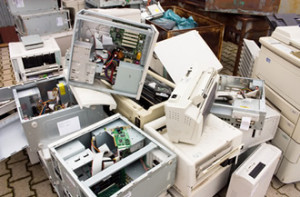 A recurring theme that continues to cause controversy. Is the planned obsolescence of household appliances (and of many technical consumer goods) reality or fiction? Really does the industry produce articles intended to break in a short time to stimulate the purchase of new replacement products?
A recurring theme that continues to cause controversy. Is the planned obsolescence of household appliances (and of many technical consumer goods) reality or fiction? Really does the industry produce articles intended to break in a short time to stimulate the purchase of new replacement products?
A mystery yet to be solved, but that is raising new controversy, especially on the part of ecologist Members of Parliament (as recently happened in France inside the Special Committee on Energy of the Assemblée Nationale), which have proposed very strict disciplinary measures for producers who place on the market ‘short-term’ apparatus, so deliberately cheating the end users and consumers.
Beyond the ethical factor, the data of the French Agency for the Environment on the flows of technological goods speak for themselves: from 1990 to 2007 compared to an exponential increase in sales of new products, the expense for their repair has decreased of 40%. And, above all, about 45% of obsolete equipment is thrown without the slightest attempt to restore them.
If we add to this the fact that there is still a large percentage of equipment improperly disposed of, and not in an ecological way, or even fueling raw materials illegal trade, the situation is even more complicated.
However, it remains to check what consumers really want. From what usually happens with electronics appliances and telecommunication equipment, many people do not seem so sorry to frequently replace some kind of products!



